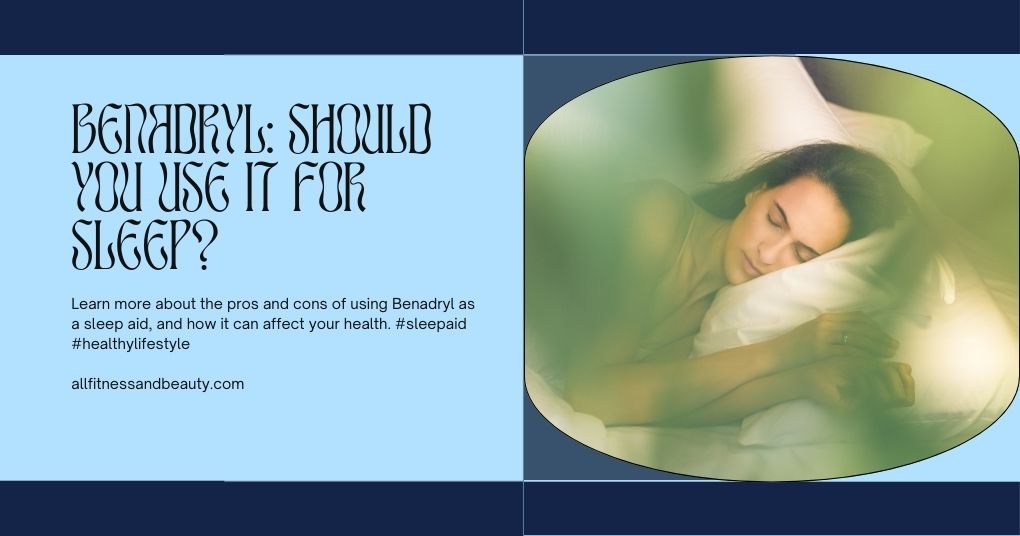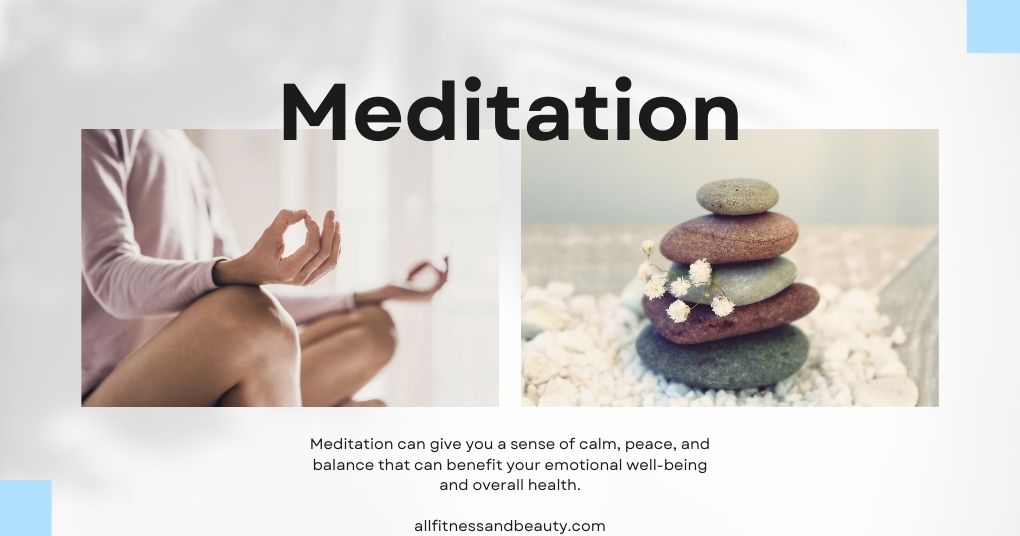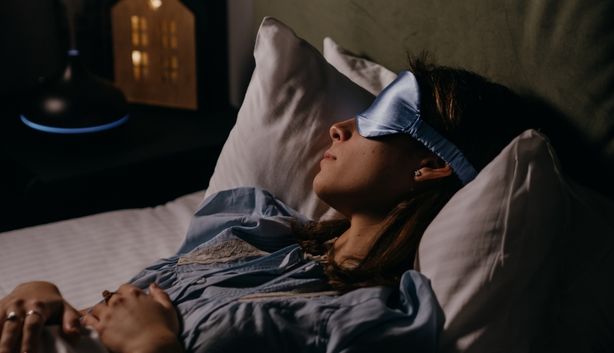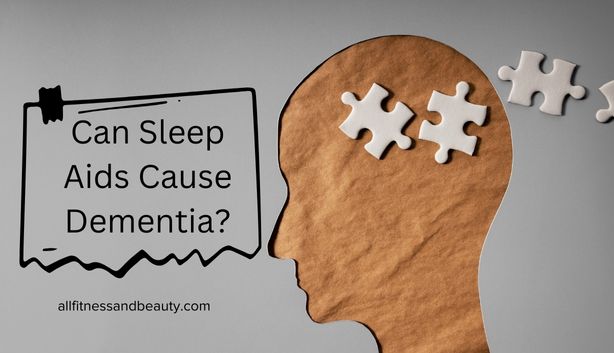Is Benadryl OK for a Sleep Aid?

Benadryl is not a sleep aid. But if you have taken it for hay fever or cold, you may notice that you feel drowsy after. The reason for this is that its active ingredient diphenhydramine is an antihistamine, which makes you drowsy.
Can Benadryl Be Used as a Sleep Aid?
It is widely recognized for its sedative effects. That’s why most people would use it as a sleep aid. But it is not really a safe and effective option to improve your sleep quality. More about it later.
Meanwhile, let’s explore the pros of using it as a sleep aid.
The Pros of Using Benadryl as a Sleep Aid
Sedative Effect
The primary reason people utilize Benadryl for sleep is its sedative properties. It can help induce drowsiness, making it easier to fall asleep, especially if you struggle with insomnia or occasional sleeplessness.
OTC Availability
It is readily available without a prescription at most drugstores and supermarkets, making it a convenient choice if you wish to find a quick solution to sleep problems.
Short-Term Use
Benadryl is generally considered as safe as a sleep aid. It can help you overcome temporary sleep issues, such as jet lag or the occasional restless night.
The Cons of Using Benadryl as a Sleep Aid
Tolerance and Dependence
One of the major drawbacks of using Benadryl as a sleep aid is that your body can develop a tolerance to it relatively quickly. This means that over time, you may need to take higher doses to achieve the same sleep-inducing effects, potentially leading to dependence.
Cognitive Impairment
It can cause grogginess and drowsiness that may persist into the next day. This can impair your ability to concentrate, make decisions, and perform daily tasks effectively.
Side Effects
It is known to cause several side effects, including dry mouth, blurred vision, and constipation. Some individuals may also experience paradoxical reactions, which can lead to increased restlessness and anxiety.
Drug Interactions
It can interact with other medications, potentially leading to adverse effects. It is crucial to consult a healthcare professional before using it if you are taking any other medications.
Long-Term Health Risks
Prolonged use of this product as a sleep aid may be associated with a higher risk of developing health issues, including dementia, according to some studies. However, more research is still needed to confirm these findings.
Alternatives to Benadryl for Better Sleep
If you are concerned about the drawbacks of using it as a sleep aid, there are alternative strategies to improve your sleep quality:
1.) Establish a Consistent Sleep Schedule
Try to go to bed and wake up at the same time every day, even on weekends. This helps regulate your body’s internal clock and can improve the quality of your sleep.
2.)Create a Relaxing Bedtime Routine
Engage in Calming activities before bedtime, such as relaxing, taking a warm bath, or practicing relaxation exercises like meditation or deep breathing.
Reading is a wonderful way to relax your mind before sleep. Choose material that is enjoyable but not too stimulating. Opt for a physical book or an e-reader with a warm, dim light to avoid the blue light from screens, which can interfere with your sleep. A good book can transport you to another world, helping you escape the stresses of the day.
A warm bath before bedtime can be incredibly soothing. The warm water can help relax tense muscles and reduce overall stress. You can add Epsom salts or essential oils like lavender to enhance the calming effect. The rise in body temperature followed by a cool-down period after the bath can mimic the natural temperature drop that occurs as you fall asleep.
3.) Relaxation Exercises

Various relaxation exercises can calm your mind and prepare you for sleep. Here are a few you can try:
Meditation: It involves focusing your attention and eliminating the stream of thoughts that may be crowding your mind. It can reduce stress, and anxiety, and promote better sleep.
Deep Breathing: Deep breathing exercises, such as diaphragmatic breathing or the 4-7-8 technique, can help lower your heart rate and increase a sense of relaxation. Inhale deeply through your nose for counts of 4, hold your breath for 7 counts, and exhale slowly through your mouth for 8 counts.
Progressive Muscle Relaxation. This technique involves tensing and then releasing each muscle group in your body, promoting physical and mental relaxation.
Aromatherapy
It involves the use of essential oils to create a soothing environment. Scents like lavender, chamomile, and valerian root are known for their calming properties and can be diffused in your bedroom or applied topically (in a diluted form) before bedtime.
Yoga
Gentle, restorative yoga poses can help release tension in the body and calm your mind. Yoga also incorporates deep breathing and mindfulness, making it a holistic practice for relaxation.
Journaling
Write down your thoughts and concerns from the day in a journal. This can be a way to clear your mind, as it allows you to acknowledge your worries and put them aside for the night.
Limit Screen Time
Avoid screens such as smartphones, tablets, and televisions at least an hour before bedtime. The blue light emitted from screens can disrupt your natural sleep-wake cycle by suppressing melatonin production.
Limit Stimulants
Avoid caffeine and nicotine in the hours leading up to bedtime, as these substances can interfere with your ability to fall asleep.
4.) Avoid Heavy meals and Alcohol Before Bed
Both heavy meals and alcohol consumption close to bedtime can disrupt your sleep,
5.) Cognitive Behavioral Therapy for Insomnia
Consider consulting a therapist or sleep specialist trained in this therapy, which is a highly effective, evidence-based approach to treating chronic insomnia.
Can a Weighted Eye Mask Help?
Weighted eye masks can help calm your nerves, thereby, creating a sensation of comfort and relaxation. It can help you unwind and fall asleep more easily.
Most weighted eye masks are designed to block out light effectively, this light-blocking feature can be especially helpful if you are sensitive to light when trying to sleep.
Some users report that the weight and pressure on the eyes create a soothing and stress-relieving effect, potentially helping to alleviate anxiety or tension.
Benadryl to Help You Sleep
Benadryl as a sleep aid is safe for short-term use. Since it is not designed for that purpose, it is best that you follow the tips mentioned above. Or you may just use a weighted eye mask that you can buy here.




Leave a comment